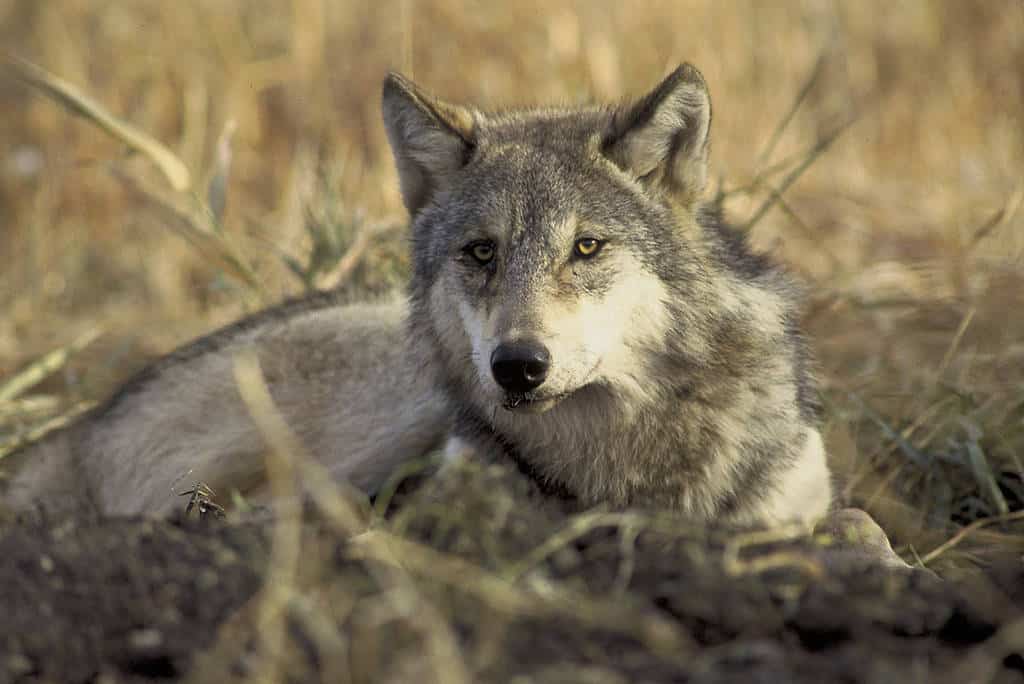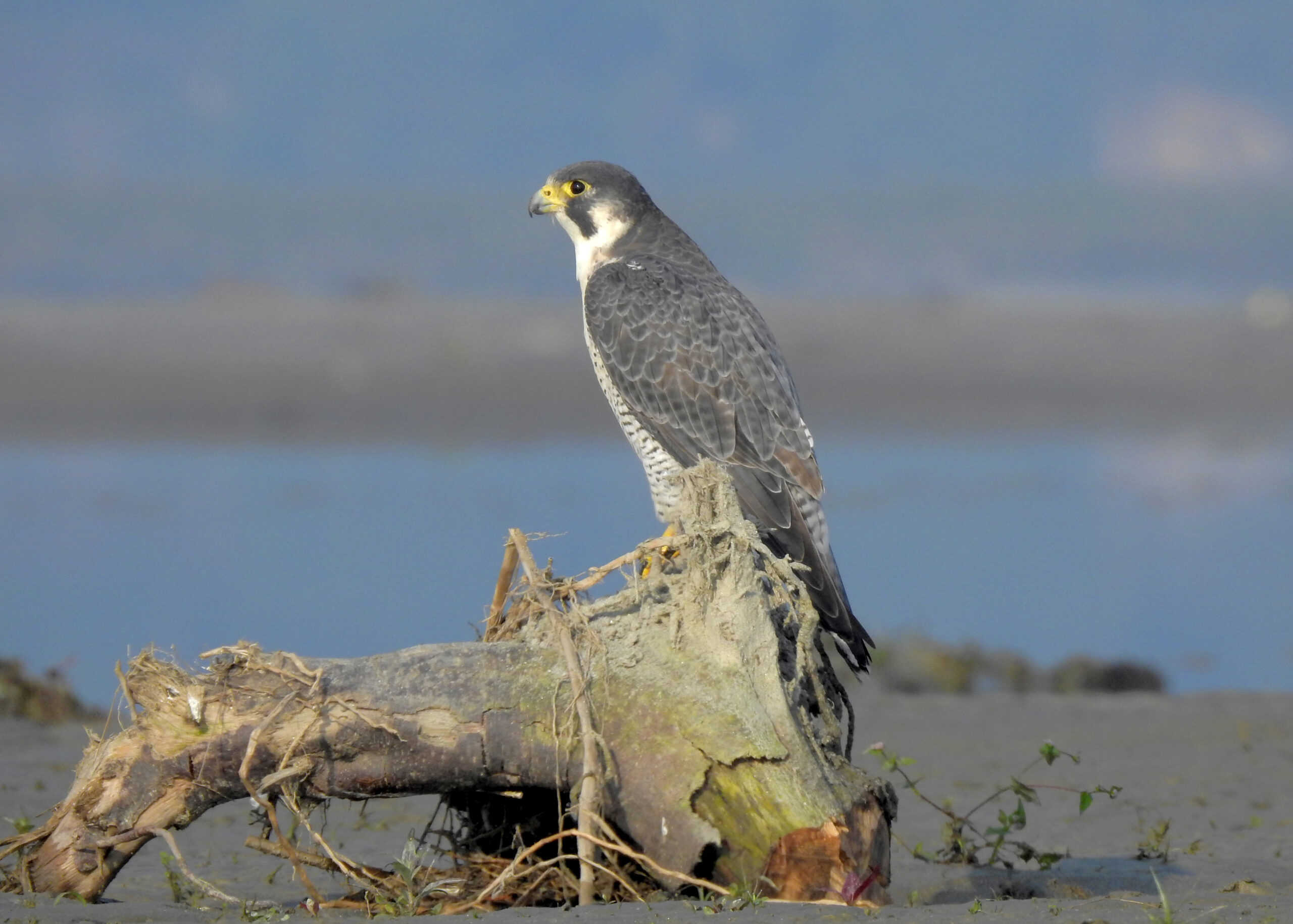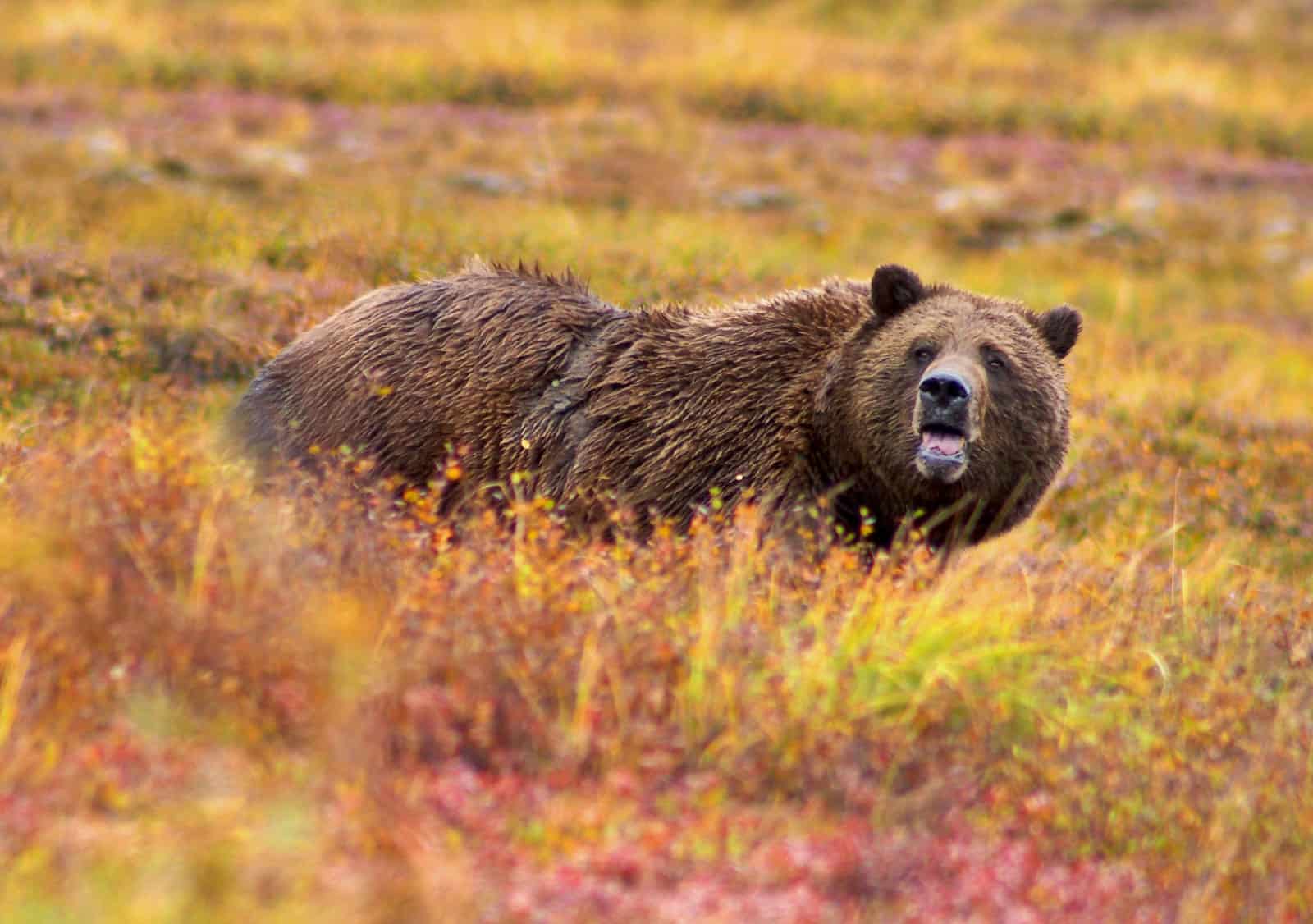Share this article
AFWA passes resolutions on joint TWS-AFS conference, CWD
The Association of Fish and Wildlife Agencies passed seven new resolutions at their recent meeting in Tampa, Florida. The resolutions highlight several keys topics facing wildlife conservation and management, including partnerships, the relevancy of conservation and the management of wildlife disease.
One of the resolutions provides emphatic support for the first ever joint meeting of The Wildlife Society and the American Fisheries Society, scheduled for next year. The resolution acknowledges the importance of the conferences in providing agency staff with the best available scientific information and “encourages the staff of [AFWA] member agencies and partner organizations to participate in” the upcoming joint annual meeting “to ensure the success of science-based management and conservation across North America.”.
The directors also passed a resolution recognizing the work of its Fish and Wildlife Health Committee in developing Chronic Wasting Disease (CWD) Best Management Practices for North American cervid populations. The resolution calls for the committee to further develop recommendations based on these practices, including a “coordinated strategy to address concerns arising from the interstate and intrastate movement of live cervids; a coordinated strategy to help agencies address potential risks from hunter-harvested carcass movements (and other tissues of cervid origin); a strategy for reducing CWD transmission risk from the baiting and feeding of wild cervids, as recommended by the Midwest Association of Fish and Wildlife Agencies; and recommendations for minimizing the risk of CWD transmission in natural cervid urine products.” AFWA, TWS’ Wildlife Disease Working Group and the American Association of Wildlife Veterinarians will present a symposium at TWS’ annual conference next month about these best management practices.
Landscape-level conservation was also addressed by an AFWA resolution. Recognizing “the importance of collaborating at landscape scales” and the need to form partnerships, the resolution set forth a list of 11 principles for landscape-level conservation. Developed by the Landscape Conservation Working Group of AFWA and based on its recent white paper, the principles emphasize the need for communication and trust between partners, the use of science in decision making and identifying and agreeing upon a vision.
AFWA represents state, provincial and federal agencies in the United States and Canada.
Read the TWS Position Statement on wildlife disease and learn more in the Technical Review.
Header Image: At its annual meeting, AFWA passed a resolution backing next year’s joint TWS-AFS conference as well as addressing other topics. ©USFWS








